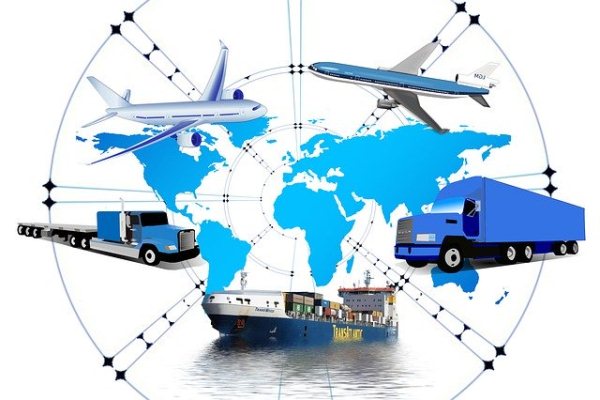 The total global logistics market size amounted to EUR6.0 trillion (US$6.6 trillion) in 2019, with the industry expected to continue to grow strong in the years ahead, according to a new report from Transport Intelligence (Ti).
The total global logistics market size amounted to EUR6.0 trillion (US$6.6 trillion) in 2019, with the industry expected to continue to grow strong in the years ahead, according to a new report from Transport Intelligence (Ti).
Amidst a slowdown in global economic growth, in part caused by trade tensions between the US and China, the logistics industry remains buoyant, says Ti’s latest report, “Total Logistics 2020.”
“Certainly, many elements of the global market remain under strain, but underpinning all domestic and global goods trade, the logistics industry, valued at €6.0 trillion, is too big and too complex to be dominated by any one issue,” it said.
It also stated that while US and China imports for air and sea have contracted for the first time since 2009, the global air and sea sectors should perform better in the near term.
Andy Ralls, quantitative analyst at Ti, said, “Although the US-China trade war has taken its toll in air and sea freight growth this year, we expect more positive growth rates for these markets in the years ahead.”
He added that the industry is expected to continue to be robust: “Buoyed by faster growing markets, such as domestic and international express which are boosted by e-commerce growth, the global logistics market is expected to show strong growth up to 2024.”
By region, Asia-Pacific is the largest logistics market, found to account for nearly 45% of global logistics spend.
The report predicts that given its GDP growth potential, Asia-Pacific’s share of the logistics market is likely to increase in the years ahead.
Ti also provides forecasts for a number of major markets. Domestic express is expected to grow at a real compound annual growth rate (CAGR) of 8.4% over the next five years.
“This comfortably surpasses growth for the logistics sector as a whole, which is estimated to expand at a still healthy CAGR of 4.5%,” it said.
At the sector level, the report also noted that in the automotive sector, supply chains will be undergoing radical transformations over the next decade as the internal combustion engine is phased out in favor of alternative propulsion.
Meanwhile, the paper said that urbanization is seen as a disruptor to both the express and road freight sectors. As cities of the future become bigger and more crowded and e-commerce booms, mobility, especially last-mile delivery, will become an increasingly challenging issue for supply chains.
Image by Gerd Altmann





